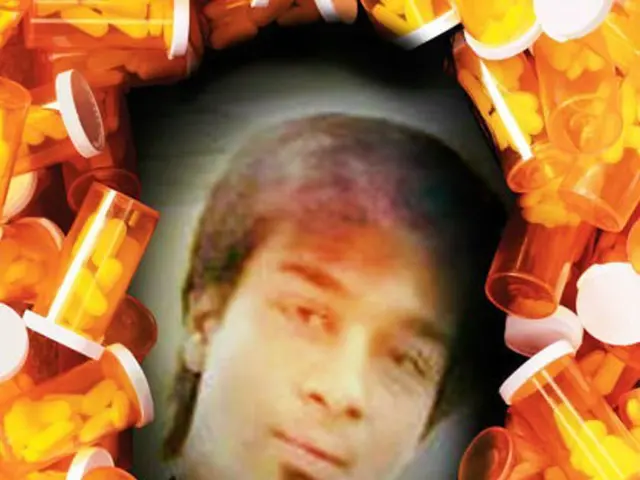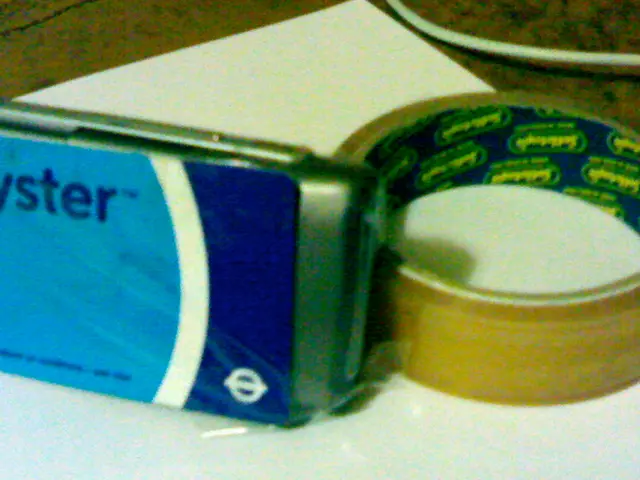Debunking 5 Common Misconceptions About Concussions That Need to Be Dispelled
Straight Up on Concussions:
Concussions might be common, but knowledge on how to handle one isn't. Let's debunk some myths about concussions you might have heard.
What's a Concussion, Really?
A concussion's a type of traumatic brain injury. To put it simply, a blow to the head messes up the chemical balance and function of brain cells. Common causes include falls, car accidents, and physical violence. Symptoms may vary but usually include headache, nausea, dizziness, vision issues, and trouble thinking. Loss of consciousness is uncommon and brief, if it happens at all.
Myth 1: I should hide out like Lazarus and wait for my symptoms to vanish.
Nope, don't be a vegetable. While taking a couple of days off to rest might be necessary after a concussion, spending a week in bed isn't beneficial. Your body needs movement and brain stimulation. Take things easy at first, but avoid overdoing it, especially when it comes to returning to sports. Remember, putting yourself at risk of another concussion while healing can have serious, even life-threatening, consequences, especially for young athletes.
Myth 2: It's lethal to kip after a concussion.
Nope, it's safe to snooze. Sleep is crucial for your brain to heal. However, don't sleep the entire day away either. Maintain a consistent sleep schedule, but don't force yourself to stay awake if you feel drowsy. If you're worried about someone else who's hit their head, watch for signs of a more severe brain injury like persistent confusion, slurred speech, weakness, or seizures. In that case, call 911.
Myth 3: I'm on my own; I can do nothing but wait.
False. Doctors and healthcare providers can help speed up your recovery. They'll guide you on what to expect, how to return to school or work, and when it's safe to get back into physical activity. Rehabilitation specialists, diagnostic testing, and medication might be options. Mental health specialists can also help if you're stressed or anxious about your concussion symptoms.
Myth 4: I broke my brain by overusing it.
Nope, you didn't crack your skull just by staring at screens for too long. Temporary recurrence or increase in symptoms is common during recovery, but don't mistake it for re-injuring your brain. Activities like watching TV or scrolling on your phone are fine, just limit the amount of time you spend looking at screens.
Myth 5: I'll be stuck with these symptoms forever.
Nope, not everybody who gets a concussion will develop long-term brain damage. Most people fully recover. New symptoms that appear after a concussion aren't always related to the concussion either. If your symptoms persist or return after a month, follow up with your healthcare provider. If your symptoms linger, it doesn't mean you'll be stuck with them forever. Things like stress, anxiety, or another tough time in life can slow down your healing process.
Typical Recovery Process for a Concussion:
Recovery from a concussion typically follows several stages, focusing on rest and a gradual return to normal activities:
- Rest: For the first 24 to 48 hours, minimize both physical and cognitive exertion.
- Gradual Return: After the initial rest period, gradually increase physical and cognitive activities, based on symptom management.
- Monitor Symptoms: Keep an eye on your symptoms throughout the recovery process. Persistent or worsening symptoms may indicate post-concussion syndrome.
During recovery, avoid high-risk physical activities, intensive cognitive tasks, and environments where falls or impacts are likely. By following these guidelines, you can help ensure a safe and effective recovery from a concussion.
- Engaging in regular exercise and maintaining a healthy lifestyle can contribute positively to mental health and neurological disorders during the aging process, according to recent news in health-and-wellness and fitness-and-exercise.
- Concussions can have prolonged effects on an individual's mental health, including increased anxiety and stress, which underlines the importance of seeking mental health support and treatment through science-based approaches.
- The typical recovery process for a concussion includes gradual return to physical activities, monitoring symptoms, and minimizing cognitive exertion, as part of overall health care management for medical-conditions.
- A concussion, a type of traumatic brain injury, can occur in various situations such as falls, sports, or car accidents, emphasizing the need for greater safety measures and education in sports-related activities to prevent concussions and related mental health issues.
- Understanding the effects of concussions on mental health is crucial because, according to recent research, many neurological disorders have a strong connection with concussions and their repeated occurrences among youth athletes.
- As a part of comprehensive health-and-wellness strategies, it is essential to integrate medical-conditions management, including concussions, with mental health support for overall well-being.






